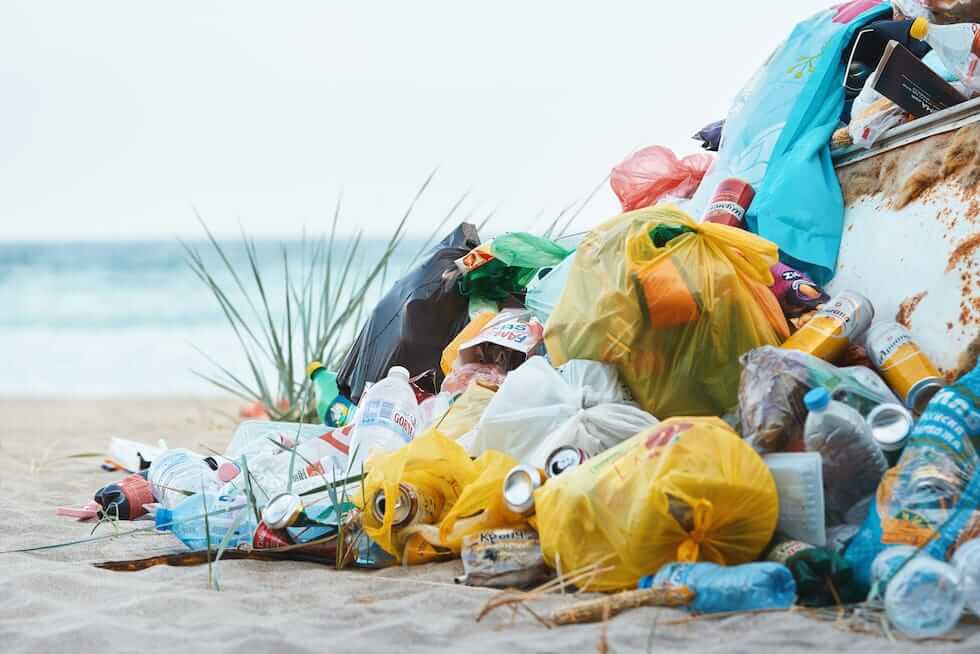In an era where environmental consciousness is paramount, businesses play a pivotal role in shaping sustainable practices. One such critical area is the reduction of plastic waste through the adoption of eco-friendly bags. This article delves into the ways businesses can contribute to this noble cause, emphasizing the use of sustainable bags and highlighting successful case studies that serve as beacons of eco-friendly packaging.
Embracing Sustainable Packaging: A Business Imperative
The Environmental Toll of Plastic
Plastic pollution poses a severe threat to our ecosystems, with devastating consequences for marine life and terrestrial habitats. Businesses, being significant contributors to plastic waste, are under increasing pressure to shift towards sustainable alternatives. Embracing eco-friendly packaging isn’t just an ethical choice; it’s a business imperative in the 21st century.
The Rise of Sustainable Bags
One of the most impactful ways businesses can contribute to reducing plastic waste is by incorporating sustainable bags into their packaging strategies. These bags, often made from biodegradable materials like jute or organic cotton, serve as eco-conscious alternatives to traditional plastic carriers. Not only are they durable and versatile, but they also send a strong message of environmental responsibility to consumers.
Case Studies: Trailblazing Businesses in Eco-Friendly Packaging
Patagonia: A Pioneer in Sustainable Practices
Patagonia, the renowned outdoor clothing company, stands as a beacon in the realm of eco-friendly packaging. By shifting to recycled and recyclable materials for their packaging, Patagonia has set a precedent for other businesses. Their commitment to reducing plastic waste aligns seamlessly with their brand ethos, resonating with environmentally conscious consumers.
Unilever’s Commitment to a Plastic-Free Future
Unilever, a global consumer goods giant, has embarked on a mission to make all of its plastic packaging recyclable, reusable, or compostable by 2025. By investing in research and innovation, Unilever exemplifies how industry leaders can drive positive change. This commitment not only aligns with corporate social responsibility but also enhances the brand’s reputation as a steward of environmental sustainability.
The Consumer Connection: Driving Change Through Awareness
Educating Consumers on Eco-Friendly Choices
Beyond adopting sustainable packaging practices, businesses can catalyze change by educating consumers on the importance of making eco-friendly choices. Providing information on the environmental impact of various packaging materials empowers consumers to make informed decisions, fostering a collective responsibility toward reducing plastic waste.
Transparency in Packaging: Building Consumer Trust
Businesses that prioritize transparency in their packaging practices build trust with environmentally conscious consumers. Clearly communicating the eco-friendly attributes of packaging, such as biodegradability or recycled content, enhances the perceived value of the product. This transparency not only aligns with ethical consumerism but also positions the brand as a responsible industry player.
The Path Forward: A Collective Responsibility
Collaboration for a Plastic-Free Future
Reducing plastic waste requires collaboration across industries. Businesses can join forces with non-profit organizations, government bodies, and fellow corporations to collectively address the challenges of plastic pollution. By participating in initiatives and advocacy for sustainable practices, companies can amplify their impact and contribute to the broader goal of creating a plastic-free future.
Innovation as the Catalyst for Change
The continuous pursuit of innovative packaging solutions is key to achieving lasting change. Businesses should invest in research and development to discover new materials and methods that minimize environmental impact. Embracing innovation positions companies as leaders in sustainability and paves the way for a future where eco-friendly packaging is the norm.
Conclusion
In conclusion, businesses wield immense power to drive positive change in the fight against plastic waste. Embracing eco-friendly packaging, especially through the use of sustainable bags, is not just a trend; it’s a necessity. By learning from trailblazing companies and prioritizing transparency and consumer education, businesses can position themselves as champions of environmental sustainability. The road to a plastic-free future is a collective journey, and each business has a crucial role to play.










